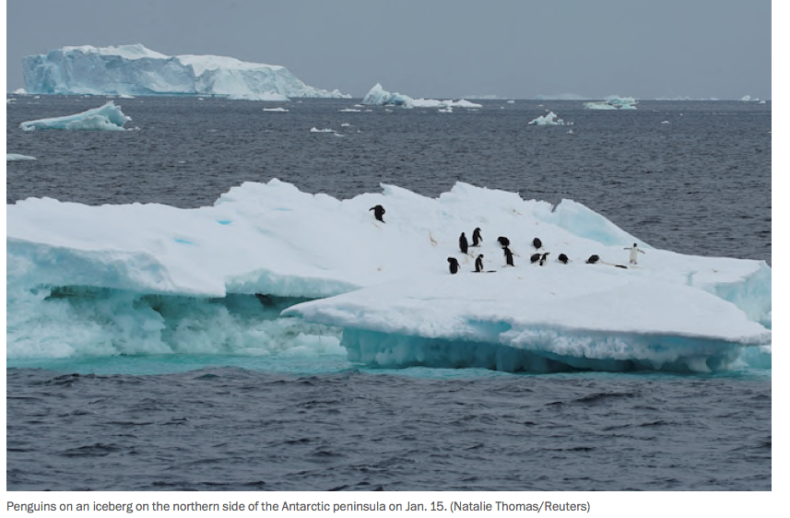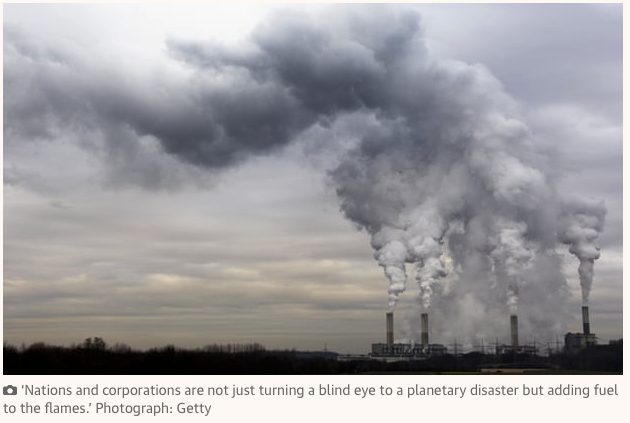“These currently elevated rates of ice melting may signal that those vital arteries from the heart of West Antarctic Ice Sheet (WAIS) have burst, leading to accelerating flow into the ocean that is potentially disastrous for future global sea level in a warming world.”
Scientists studied both the Thwaites Glacier (nicknamed the “Doomsday Glacier” for the potentially devastating impacts if it melts) and the neighboring Pine Island Glacier on the western side of the continent, which are both vulnerable to melting from warm water flowing underneath them.



